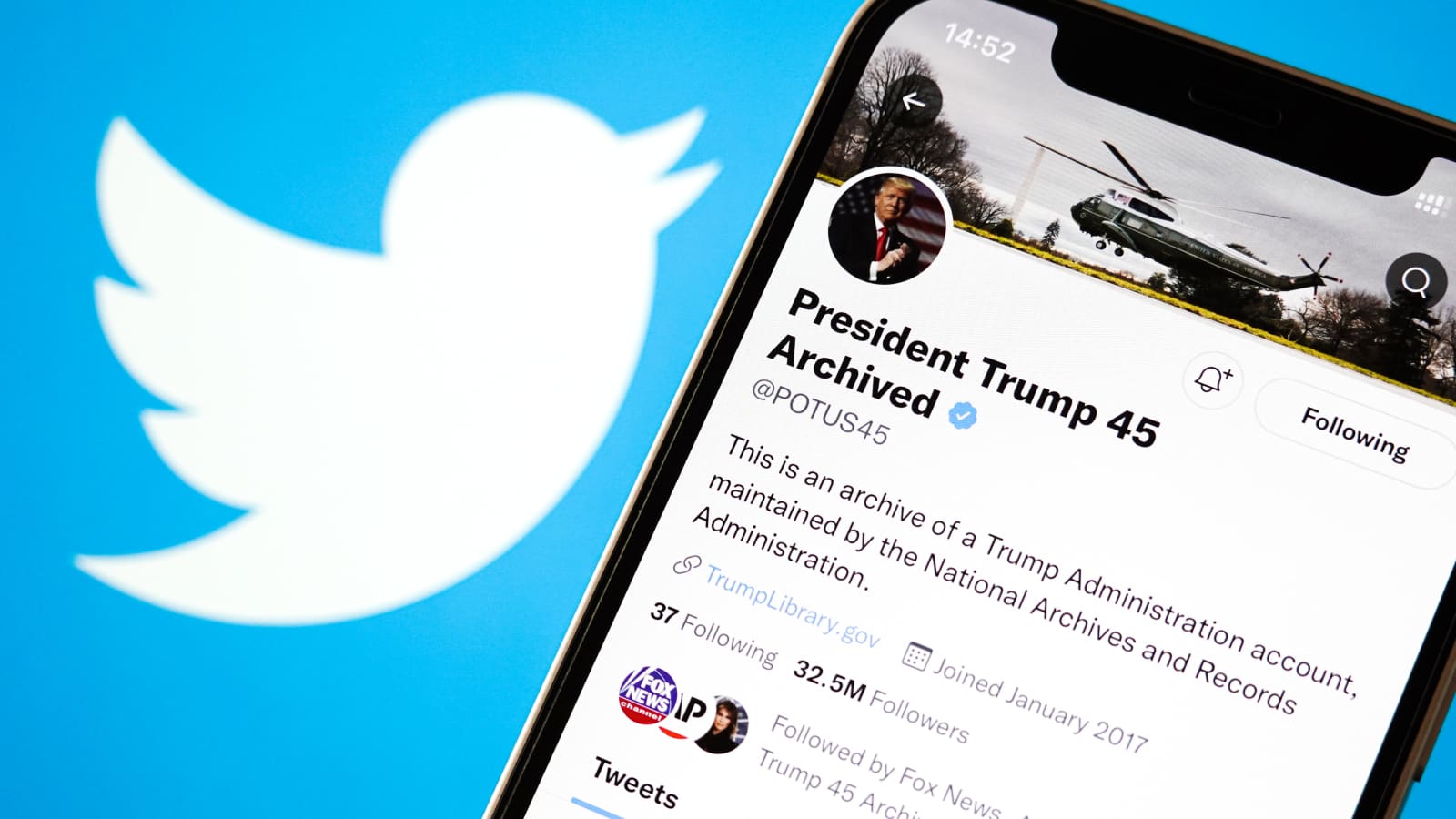
Promoting products through celebrity endorsements and influencer marketing has always been a mainstay for brands and companies. However, with the introduction of social media, "influencers" have gained the power to shape public opinions like never before.
With companies relentlessly exploring new avenues to reach consumers, influencer marketing has grown into a multi-billion-dollar industry. According to one study, 80% of consumers make purchases based on the content they see on social media. This means businesses now have access to an enhanced form of marketing to be used to their advantage.
Thus, all of this begs the question, what exactly is an influencer?
What is influencer marketing, and how can businesses use it to their advantage?
-
What Does Influencer Mean?
Across different industries, the term "influencer" can refer to anyone from authors and artists to athletes and brands. Essentially though, an influencer is somebody who has a broad reach and strong engagement with their target audience.
Be it due to their high number of social media followers, status, authority, or knowledge of their relative niche; influencers help businesses gain easier entry into their respective market. Because of this power to influence, influencers are certainly a valuable resource for businesses, enabling them to establish their credibility.
-
Types Of Influencers
Nowadays, influencers come in many forms. From top-rated athletes and movie stars with millions of followers to online bloggers with a few thousand followers, there are five types of influencers as follows:
-
Mega-Influencers
Celebrities, athletes, artists, etc., mega-influencers are among the highest-ranking members of the bunch. They have millions of followers and provide tons of engagement with followers. As expected, they also charge the highest advertising rates for their services.
-
Macro-Influencers
Amassing half a million to a million followers, this category of influencers consists mainly of social media stars and average celebrities. They still offer excellent marketing opportunities, but at a reduced price as compared to mega-influencers.
-
Mid-Tier Influencers
Despite the fewer followers (from fifty to five hundred thousand), mid-tier influencers offer higher engagement potential with the audience than both mega and macro-influencers. These influencers are perfect for producing premium content that feels authentic and relatable, rather than manufactured.
-
Micro-Influencers
While micro-influencers may not have the most impressive follower count, their loyal audience offers substantial marketing prospects to brands. Niche-followers are more likely to trust recommendations and suggestions made by micro-influencers, resulting in increased product sales.
-
Nano-Influencers
Having the smallest following, these influencers offer the best engagement at the lowest prices. Nano-influencers are a great marketing option for businesses looking for cost-effective ways of promoting their products to a niche market.
-
What Is An Influencer In Social Media?
Radio, newspaper, and television advertisements frequently feature popular figures and celebrities to promote and sell products. But with the advent of the internet and social media, a new breed of influencers has taken over the marketing world in recent years; social media influencers.
Influencers in social media, like other influencers, have in-depth knowledge of their subject and a dedicated fan following. What sets them apart is that social media marketing allows these niche influencers to reach and impact a much wider target audience directly.
Influencers can share a multitude of engaging and entertaining content on their social platforms, leading to higher engagement and conversion rates.
-
What Is Influencer Marketing?
Generally, influencer marketing refers to a marketing strategy where brands pay influencers to increase their brand awareness and drive sales. By using social influence and their followers' built-up trust, influencers can create targeted exposure for the products and services of the company they collaborate with.
-
Benefits of Influencer Marketing
Influencer marketing has become a top trend in the industry that will soon exceed all other forms of marketing in the near future. In only three years, from 2019 to 2022, the industry has grown to twice its size.
Here are just a few of the many benefits influencer marketing has to offer:
- Establishes Trust in Brand
- With trust and reputation gained over time, influencers can passively lend their credibility to other businesses by promoting their products and services.
- Closer Relationship with Consumers
- Influencer marketing helps companies get a better insight into their target audience's wants and desires, thus enabling better understanding and strengthening connections.
- Unique Outlook
- In contrast to big-budget marketing campaigns, influencers in social media can generate budget-friendly creative content that excites and engages the niche audience.
- Better Engagement
- Besides advertising products, influencers are an essential tool for starting conversations and increasing engagement among followers.
- Increased Brand Exposure
- When matched with the right influencer for your needs, your products can get exposure to a relevant audience willing to buy from your brand.
-
Conclusion: What Is An Influencer?
To sum it up, an influencer is someone who specializes in a specific niche, has a sizeable fan following, and can influence the buying decisions made by their audience. Therefore, partnering up with the ideal influencer can skyrocket your product's success and give your business the boost it needs.
Did you find our guide on 'what is an influencer' helpful?
Share your thoughts with us in the comments below.


